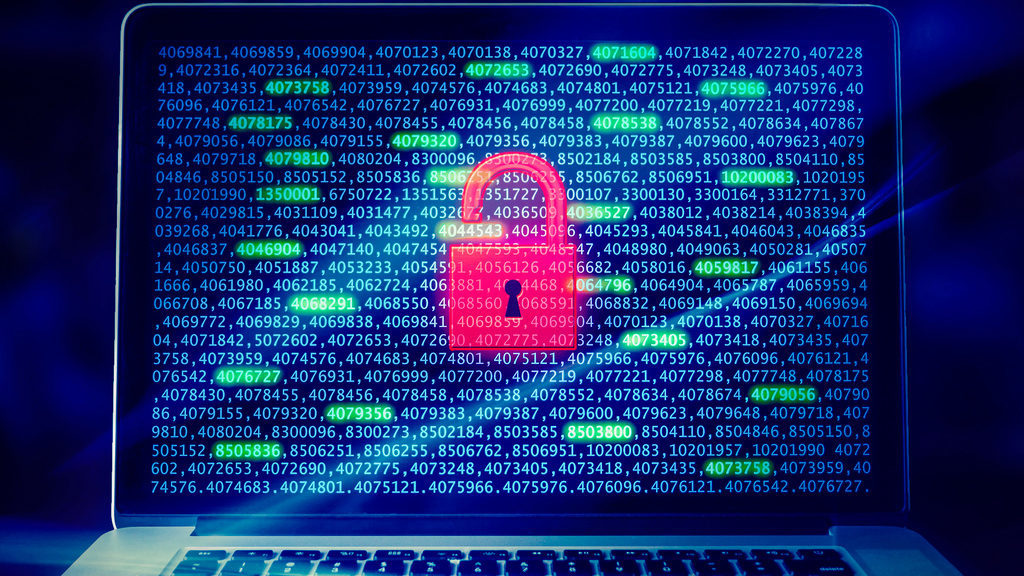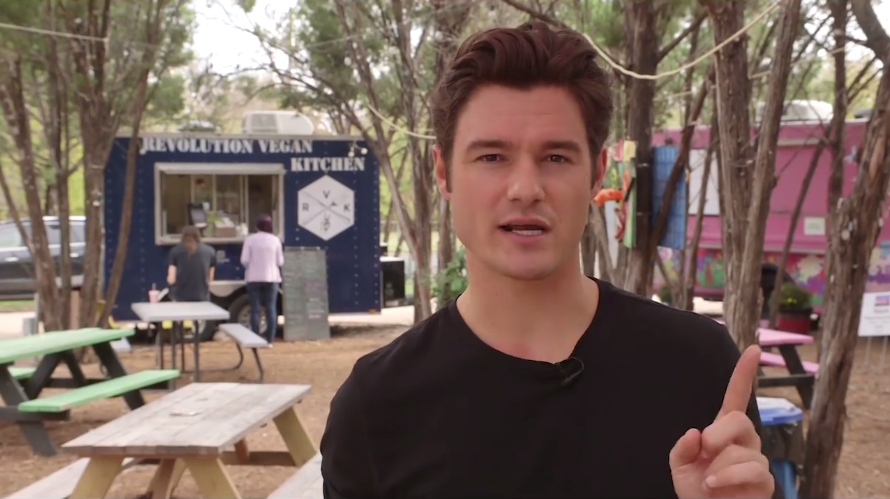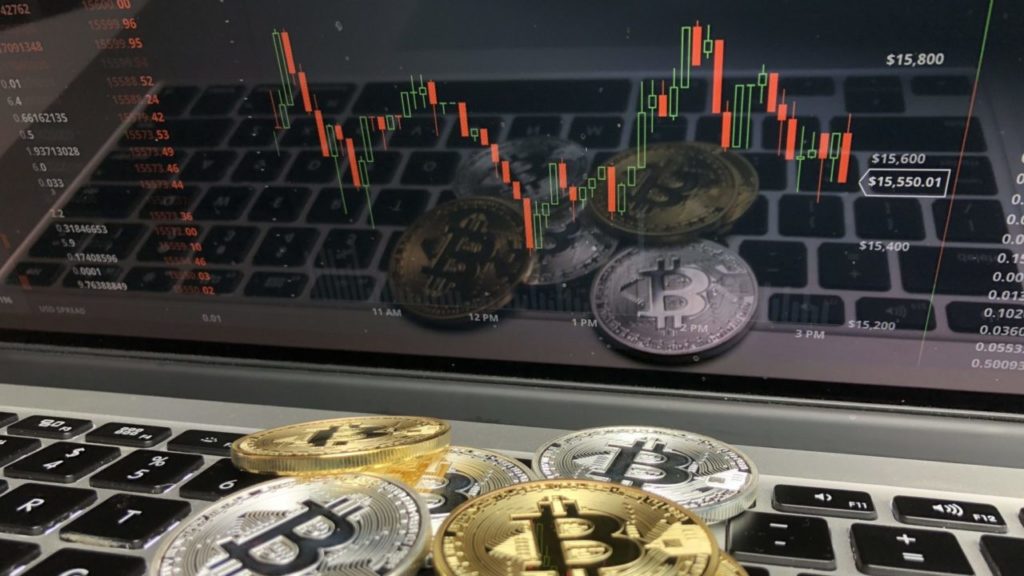The growth of the cryptocurrency has been nothing short of phenomenal.
Consider this: a person could buy 10 bitcoins in 2010 for a mere 60 cents. Today, those 10 bitcoins are worth well over $350,000. Bitcoin has surged in recent months, cracking the $4,000 level in August.
The political and economic ramifications of Bitcoin are even more exciting. With its success, new cryptocurrencies have sprung onto the scene. For the first time in decades, the potential for real currency competition exists.
By facilitating transactions outside of the mainstream financial system, cryptocurrencies could undermine government and central bank monopolies on money.
Despite the game-changing nature of Bitcoin, the real revolution may well arise from the blockchain technology supporting cryptocurrency. Potential applications of the blockchain go far beyond supporting alternative currencies.
What Is blockchain?
In simplest terms, the blockchain is an extremely secure, digital record book where you can record information.
More technologically speaking, the blockchain is a distributed database. Think of it as a ledger that is replicated and stored on thousands of different computers.
The fact that it is distributed across multiple locations means it’s decentralized. The redundancy in the system makes it extremely secure. No one computer is necessary to make it work. That makes it nearly impossible to hack or shut down.
The secure, decentralized nature of the blockchain makes it perfect for recording transactions.
If I send bitcoin payment from my “wallet” to yours, that transaction gets recorded in a new entry on the blockchain. Our “wallets” are both uniquely distinguished by long codes that only we have access to.
The transaction gets sent out to the thousands of other computers on the system. The computers confirm that the transaction is authorized (or not).
When the entire system agrees that everything about the transaction is legit, it becomes approved and permanently recorded on the blockchain.
The beauty of the system is that it doesn’t require any kind of middleman. It doesn’t require a company like a bank to run it.
No single person or entity controls it. Nobody can alter it. If somebody tries to fudge and entry on the blockchain, the other computers will reject it.
Beyond Bitcoin
It’s easy to see how the blockchain facilitates financial transactions, but the applications go far beyond the world of banking and money. Virtually anything you can think of that involves recording information can be done securely on the blockchain.
For instance, projects are underway exploring the use of a blockchain for recording land registry in countries including Georgia, Sweden and the Ukraine.
Paper deeds stored in a courthouse or some other government building can be destroyed, lost or forged. This can make determining actual land ownership nearly impossible.
David Reiss, professor of law and academic program director at the Center for Urban Business Entrepreneurship, told CoinDesk the blockchain has the potential to solve many of the problems inherent in recording land ownership in the traditional way.
"Land registry records are pretty reliable methods for maintaining land records, but they are expensive and inefficient, he said. "There is good reason to think that blockchain technology could serve as the basis for a more reliable, cheaper and more efficient land registry … When people and organizations do not have to worry about the legitimacy of their investments in property, they will have no problem investing in increasing the value of their properties.”
You can apply the same principle to other assets - from automobile registration, the exchange of stocks and bonds.
Revolutionary Technology
But it goes even further than that. Consider a new company called LBRY. It uses blockchain technology to create a content distribution system.
In a nutshell, it allows content creators such as musicians, filmmakers and authors to distribute their work directly to users. They can get paid for their creations without having to go through a middleman like iTunes, YouTube or Amazon.
Here’s how LBRY describes its platform:
“It is first and foremost a new protocol that allows artists to upload their content to a network of hosts (like BitTorrent) and set a price per stream or download (like iTunes) or give it away for free (like YouTube without ads). What makes this all possible is the blockchain technology developed by the founder of Bitcoin.”
There are many other potential applications for the blockchain. It could be used to record votes in an election, to facilitate file sharing, or to store medical records.
There is even a company in Australia using the blockchain to share and distribute electricity.
“Residents on the west coast of Australia see 300 days of sunshine per year and rooftop solar panels are growing in popularity," PowerLedger co-founder Jemma Green, told New Scientist. "Rather than sell excess energy back to the power company, the blockchain will allow residents to trade directly with the people around them, with the ledger keeping track of transactions.”
The blockchain is truly a revolutionary technology. We’ve seen its success in the world of Bitcoin and cryptocurrency, but entrepreneurs have only just begun to tap blockchain’s potential.
MORE FINANCE & TECH STORIES ON CAPITALISM.COM:
• How the Rich Can Build a ‘Capital Warehouse’ to Grow Wealth Tax Free
• Ethereum Rivals Bitcoin in Cryptocurrency Race
• Why Janet Yellen Could Be Wrong About Another Financial Crisis







